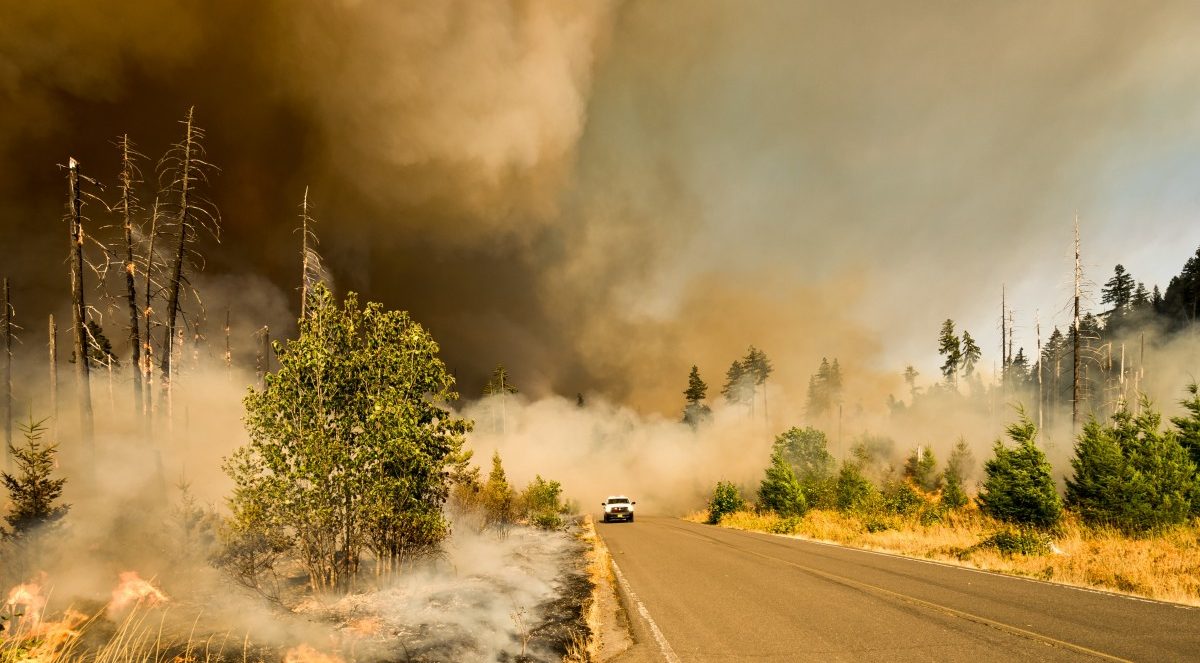Modelling Powerline Wildfire Risk

This research project is connected to the U.S.-Canada Center on Climate-Resilient Western Interconnected Grid. The Center’s mission is to enhance the power grid resilience to the rising frequency, intensity and duration of extreme weather events, such as wildfires and heatwaves.
The Western Interconnected Grid is one of two major power grids in North America, stretching from the northern edge of British Columbia to the border of Baja, Mexico, and from the California coast to the Rockies. The backbone of one of the largest regional economic engines in the world, the grid serves roughly 80 million people over 4.6 million square kilometres.
Dr. Mike Flannigan – BC Innovation Research Chair in Predictive Services, Emergency Management and Fire Science at TRU – will use fire modelling to help predict the probability of powerline-caused wildfire under historical weather conditions in Western Canada. In addition, Flannigan’s research will be used to identify and mitigate hot spots to reduce the chances of catastrophic wildfire.
The academic members of the U.S.-Canada centre include the University of Utah; the WIFIRE Lab at the University of California San Diego; the University of New Mexico; the Desert Research Institute; the University of Calgary; the University of British Columbia; the University of British Columbia Okanagan Campus; the University of Alberta; the University of Saskatchewan; the University of Regina and Thompson Rivers University.
Researchers
Principal investigators
- Dr. Mike Flannigan, BC Innovation Research Chair in Predictive Services, Emergency Management and Fire Science (Faculty of Science)
News
TRU joins U.S. - Canada Team to improve wildfire prediction models
CFJC Today: TRU joins U.S. - Canada wildfire prediction network
Castanet: TRU joins international group to improve western power grid resilience to extreme weather
Kamloops Now: TRU joins wildfire prediction network led by coalition of 10 US-Canada universities
